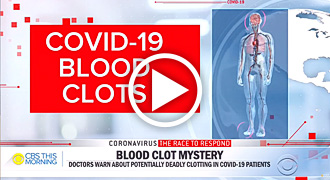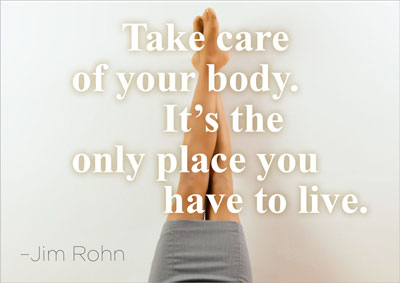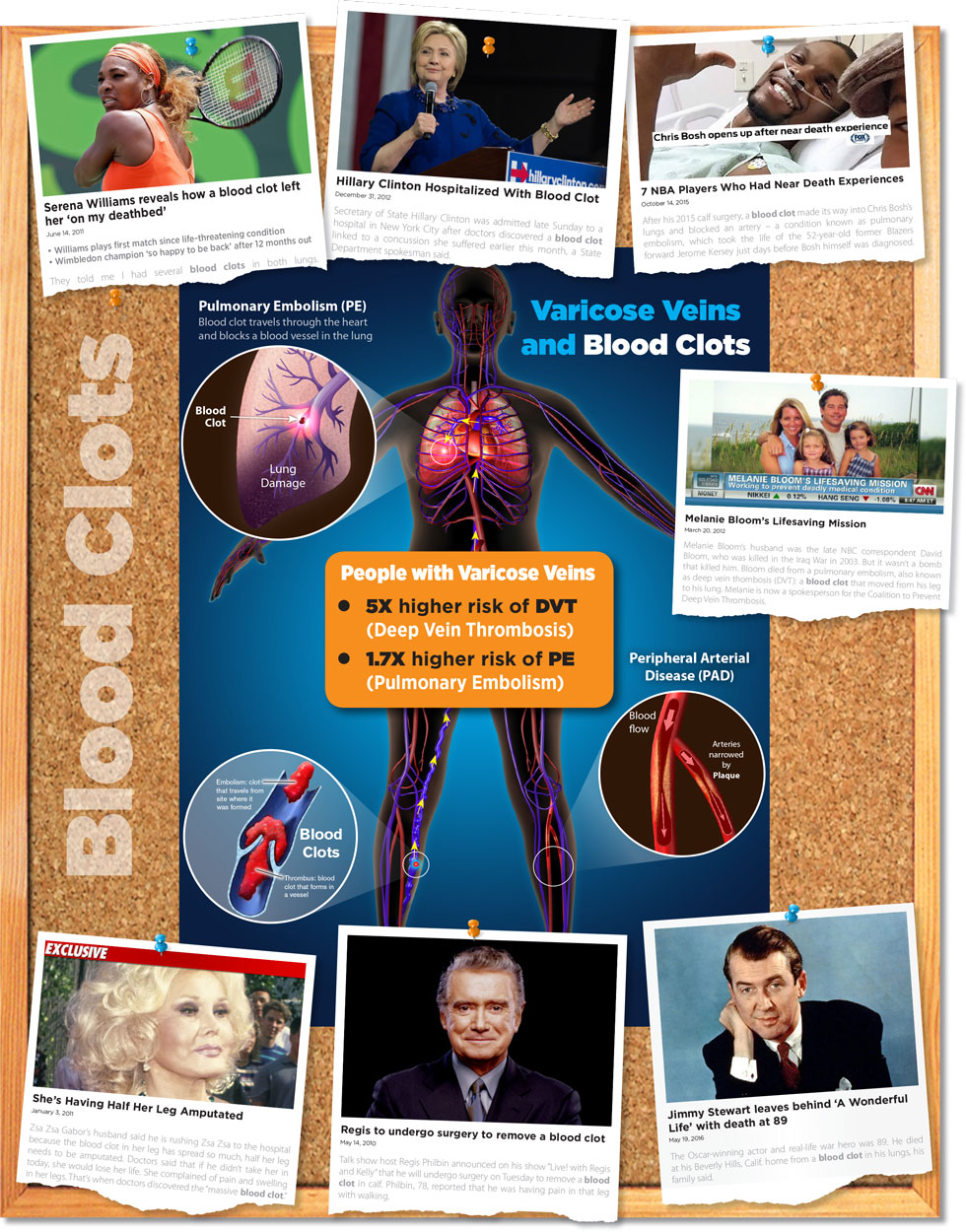A recent survey, conducted by the National Science Foundation, reported that Americans are the unhappiest they’ve been in 50 years. The ongoing Covid-19 pandemic, lockdowns, economic instability, and political unrest are enough to overwhelm anyone.
But how does one boost their level of happiness amidst a relentless pandemic? I believe that there are ways to stay healthy and achieve fulfillment in life if we focus on our priorities. I present to you, arguably, the two most important factors backed by science to help navigate through tumultuous times.
Stay Connected with Loved Ones
Harvard University conducted the longest study of adults for clues to leading healthy and happy lives. Analysis of the data collected over the course of 80+ years revealed startling information. Researchers reported that our relationships and how happy we are in our relationships have a powerful influence on our health.
 In his TED talk, Robert Waldinger, Director of the Harvard Study, states that many people tend to think that fame, fortune, and hard work will bring them happiness. The study found that social connections are the most important factor responsible for our well-being. Numerous other equally surprising correlations came out of this study, such as people’s level of satisfaction with their relationships at age 50 was a better predictor of physical health than their cholesterol levels were, and that marital satisfaction has a protective effect on mental health.
In his TED talk, Robert Waldinger, Director of the Harvard Study, states that many people tend to think that fame, fortune, and hard work will bring them happiness. The study found that social connections are the most important factor responsible for our well-being. Numerous other equally surprising correlations came out of this study, such as people’s level of satisfaction with their relationships at age 50 was a better predictor of physical health than their cholesterol levels were, and that marital satisfaction has a protective effect on mental health.
Waldinger stated in his TED talk, “Good relationships don’t just protect our bodies; they protect our brains”. He reported that those who kept warm relationships were found to live longer and happier while the loners tended to die earlier.
Take Care of Your Health
Many people are delaying their medical care waiting for normalcy to return, which is actually nowhere in sight. Another report indicated that 80% of adults are concerned about catching the Covid-19 virus in the emergency room and avoid seeking care, even during an emergency.
Several studies have shown that being happy has a positive impact on our health, correlating to a 13-26% reduction in the risk of heart disease., , One doesn’t need scientific evidence to recognize that happiness can be elusive in absence of good health. In fact, the constitution of the World Health Organization defines health as “a state of complete physical, mental and social well-being”.
At an organic level, we are composed of countless cells, each performing a function while subject to growth, repair, and replacement within our body. Cells form tissue that in turn form organ systems such as skin, brain, and the vascular system.
Food is necessary for the cell to function, hence a person needs to have a balanced diet. Likewise, adequate sleep, regular exercise, and management of stress ensure proper bodily functions. The slightest breakdown in one part of our body can adversely affect various organ systems, interfering with our ability to enjoy a fulfilling happy life. Breakdown in the venous system in our legs is no exception to the interconnectedness.
Although vein problems affect almost half of the adult population, there are many who are living with heaviness in their legs, chronic fatigue, leg cramps, and restlessness in their legs but unaware of the association.
Discomfort in the legs and the inability to get a restful sleep at night due to restless leg syndrome has a compounding effect leading to a further reduction in the ability to stay active. Reduction in the activity of the calf pump leads to worsening of chronic venous insufficiency. One can see how this forms a self-perpetuating cycle leading to the deterioration of overall health and feeling of well-being.
 To make matters worse, patients are unable to make a correlation between veins and their symptoms often confusing spider veins with the diseased veins present deep inside the leg responsible for chronic venous insufficiency. Left untreated, the condition continues to worsen and may manifest as frequent skin infections (cellulitis), profuse bleeding, poorly healing sores in the legs, and life-threatening blood clots.
To make matters worse, patients are unable to make a correlation between veins and their symptoms often confusing spider veins with the diseased veins present deep inside the leg responsible for chronic venous insufficiency. Left untreated, the condition continues to worsen and may manifest as frequent skin infections (cellulitis), profuse bleeding, poorly healing sores in the legs, and life-threatening blood clots.
Gone are the days of painful vein stripping with prolonged recovery times. The latest treatment options such as Laser ablation, Varithena, and the revolutionary Venaseal (medical superglue) are minimally invasive, safe, and very effective. There is minimal to no discomfort during the procedures and there is no downtime. You can start the New Year with healthy, pain-free beautiful legs.
Always remember that life is a beautiful journey… and you will need your legs for it!
Sam Gupta, M.D., MPH

 There are also reports of blood clots in patients with COVID-19 who are at home and staying active. Swelling in the legs is the most common sign of blood clots. Some patients with COVID-19 develop a condition called “Covid toes” – red, swollen toes that may be due to small clots in the blood vessels of the feet.
There are also reports of blood clots in patients with COVID-19 who are at home and staying active. Swelling in the legs is the most common sign of blood clots. Some patients with COVID-19 develop a condition called “Covid toes” – red, swollen toes that may be due to small clots in the blood vessels of the feet.


 In his TED talk, Robert Waldinger, Director of the Harvard Study, states that many people tend to think that fame, fortune, and hard work will bring them happiness. The study found that social connections are the most important factor responsible for our well-being. Numerous other equally surprising correlations came out of this study, such as people’s level of satisfaction with their relationships at age 50 was a better predictor of physical health than their cholesterol levels were, and that marital satisfaction has a protective effect on mental health.
In his TED talk, Robert Waldinger, Director of the Harvard Study, states that many people tend to think that fame, fortune, and hard work will bring them happiness. The study found that social connections are the most important factor responsible for our well-being. Numerous other equally surprising correlations came out of this study, such as people’s level of satisfaction with their relationships at age 50 was a better predictor of physical health than their cholesterol levels were, and that marital satisfaction has a protective effect on mental health. To make matters worse, patients are unable to make a correlation between veins and their symptoms often confusing spider veins with the diseased veins present deep inside the leg responsible for chronic venous insufficiency. Left untreated, the condition continues to worsen and may manifest as frequent skin infections (cellulitis), profuse bleeding, poorly healing sores in the legs, and life-threatening blood clots.
To make matters worse, patients are unable to make a correlation between veins and their symptoms often confusing spider veins with the diseased veins present deep inside the leg responsible for chronic venous insufficiency. Left untreated, the condition continues to worsen and may manifest as frequent skin infections (cellulitis), profuse bleeding, poorly healing sores in the legs, and life-threatening blood clots.
 Varicose veins increase the risk of deep vein thrombosis (DVT) by five times
Varicose veins increase the risk of deep vein thrombosis (DVT) by five times